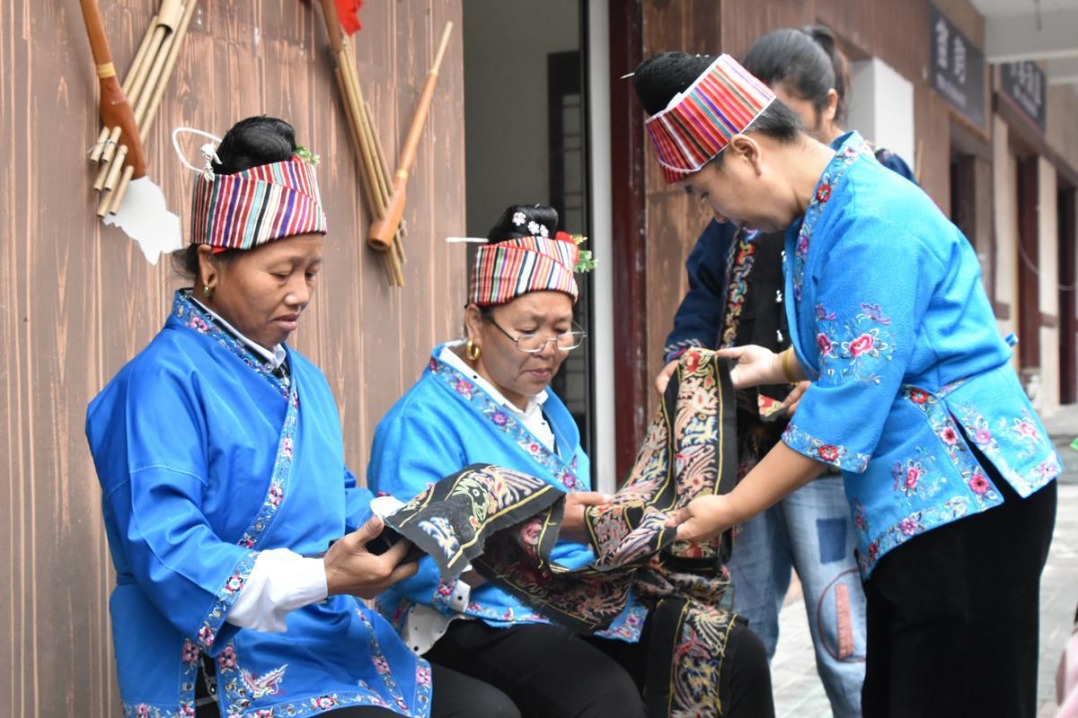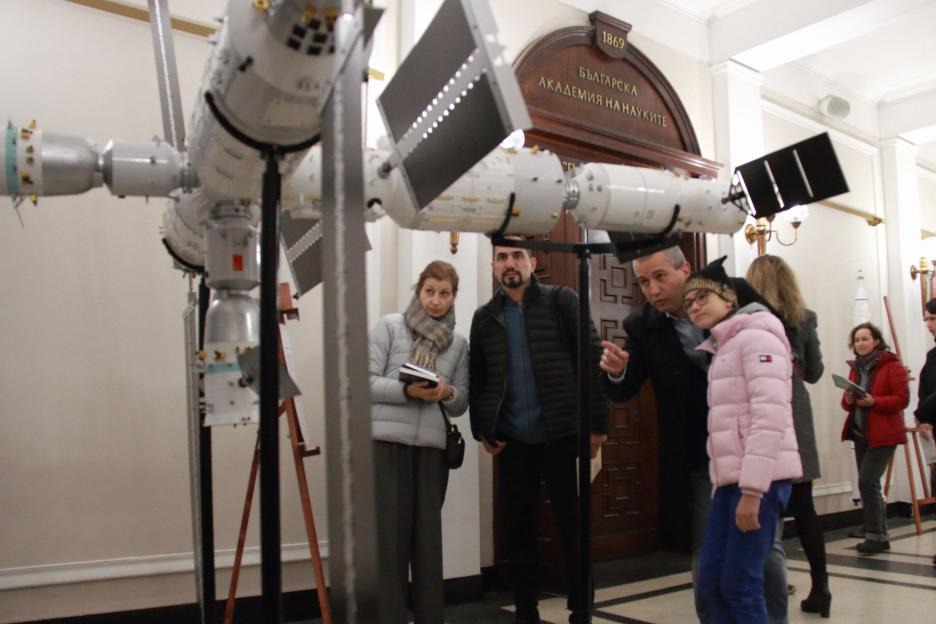Fake healthcare projects a major source of fraud

The sale of counterfeit healthcare products and the introduction of fake nursing services have become major ways of defrauding seniors, according to judges in Beijing.
As China's population ages, the central government has proposed related policies and measures, such as building more nursing homes and providing better home care services. "However, these policies have become channels for some scammers to cheat older people out of their money," said Luo Yong, a judge with the criminal division of the Beijing High People's Court.
"Some swindlers have made use of policies designed to benefit the elderly to lure seniors and gain their trust, before faking nursing services and health-related investment projects to infringe on their legitimate rights."
In a case handled by the Fengtai District People's Court earlier this month, 11 people were given sentences ranging from 15 months to four-and-a-half years in prison, plus fines, after they were convicted of cheating 19 seniors out of more than 270,000 yuan ($39,960) by holding bogus health lectures and selling fake healthcare products.
All the victims were age 75 or older, with the oldest being 90, according to Dong Xiaoyu, the judge who handled the case.
"Once they had got the seniors' personal information, some scammers in the group were responsible for asking them if they were interested in participating in 'health seminars' and receiving free gifts, while others helped those who expressed an interest to attend the activities," she said.
"On the way to the 'seminars', the scammers chatted with the seniors to learn about any underlying health issues they had, and then secretly took photos of them and shared the information with other gang members via a WeChat group. In this way, scammers who pretended to be doctors could 'diagnose' the seniors' ailments during 'consultations' during the seminars. This made the victims trust the scammers more."
She added that after providing free gifts, the scammers suggested that the victims should buy healthcare products, "but our investigations found that the products were just foodstuffs that couldn't alleviate any symptoms of the seniors' underlying illnesses".
Moreover, some people cheated seniors out of their money by luring them to buy places in nursing homes or invest in health centers, claiming that the payments would help them to receive more benefits if the projects were completed, according to Luo.
"However, after the scammers received the money, they told the victims that the projects had failed due to poor operations or a broken finance chain, causing the seniors' big financial losses," she said.
"Some of the scammers escaped with their illicit gains, causing great difficulties for us in helping the victims recover their losses."
She called on older people not to leave any personal information, such as mobile phone numbers, identity card numbers and bank card numbers, in public areas, because misuse of such information is a leading cause of fraud.
- Employee sorry for leaking pop star's rehearsal clips
- Shanghai ready for 2025 version of E-sports Masters
- New 'eco-police' system to be set up by 2027
- Hebei cooperative's cabbage proving a hit across China
- Kunming rail accident spurs safety overhaul nationwide
- Embroidery proving major draw at bustling Guizhou market





































